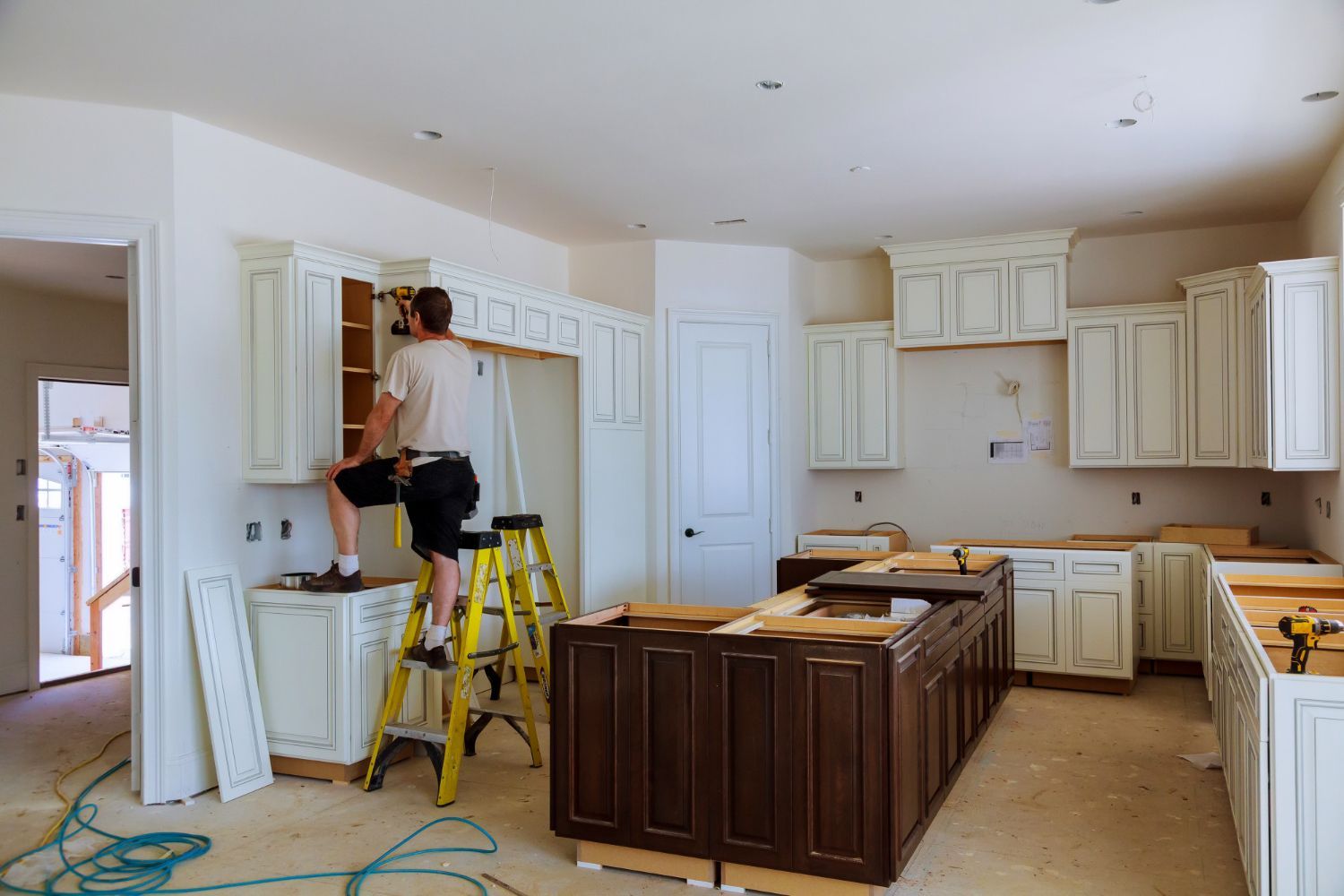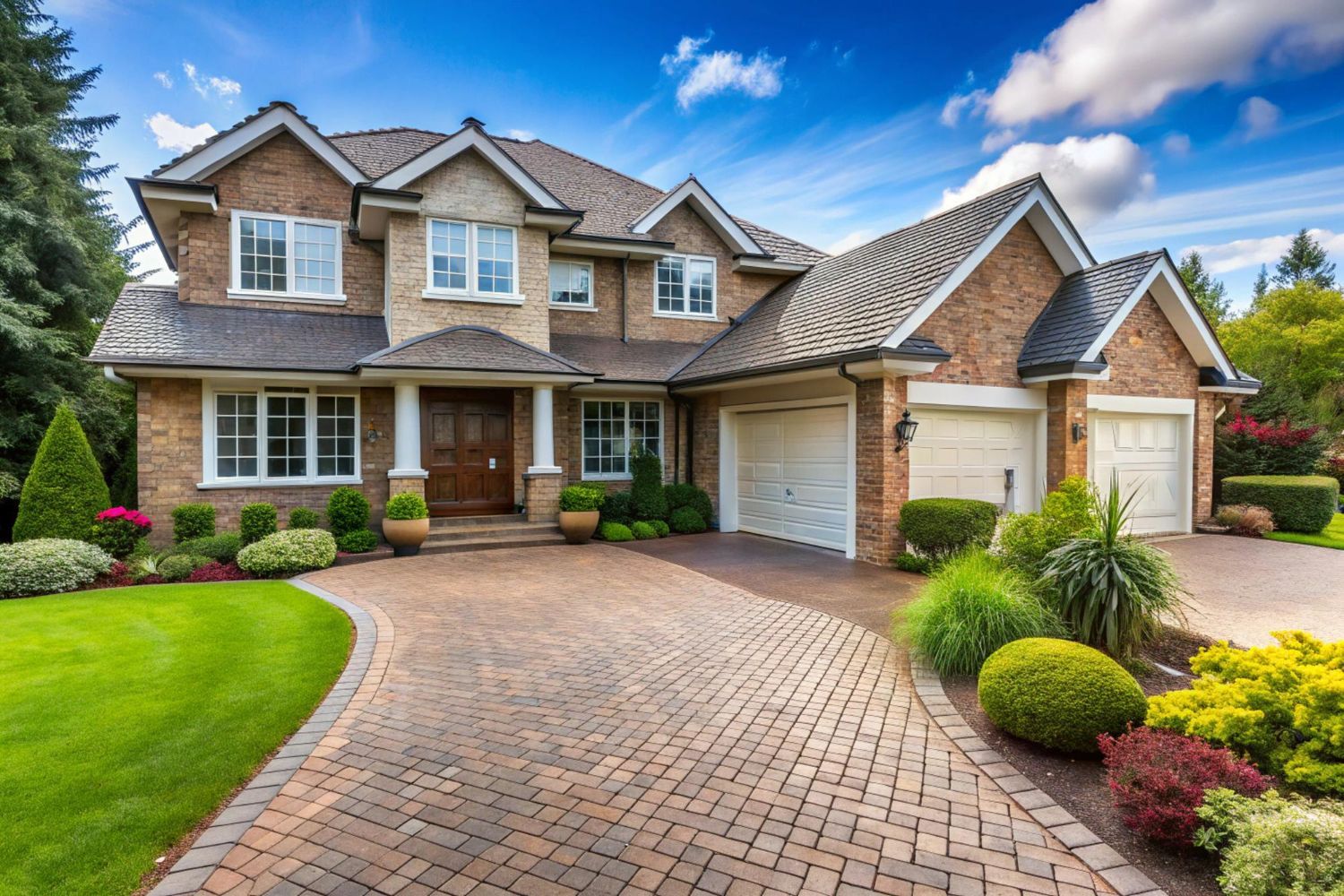IS IT POSSIBLE TO GET AHEAD FINANCIALLY WHILE STILL ENJOYING LIFE?
Getting ahead financially doesn’t have to be a choice between living life to the fullest or being tied down in your own home with a huge mortgage.
Did you know you can possibly get your foot in the door of the investment property market without having to save for a huge deposit? The tax man and your tenant’s rent could help you pay off your investment loan.
Be a little more disciplined with your budget and finances, and before you know it you may be sitting on a nice little investment property – a property which is making you money until you are ready to buy your dream home.
Have you heard of the saying, ‘making money while you sleep’? Well, it could happen.
Yes, you can buy an investment as your first property!
Purchasing a small house or apartment in a low-cost area and renting it out can be a good way to build equity over the next few years. You can even repeat the process before eventually buying your own place in an area where you want to live.
It is an increasingly appealing strategy for many young Australians. With their lifestyles and work commitments are flexible, so too can be their living habits.
You can buy an investment property in another suburb, city or even state while you keep renting in a convenient area where you prefer to live. Even staying at home for a while longer can be attractive while you purchase your first investment property.
Home ownership is a goal for most of us but it can seem out of reach when you are struggling to save a 20% deposit. However, property ownership can be realistic if you consider starting out with an investment property.
How it works
- Lending institutions include a percentage of the expected rent from your tenants as part of the income towards servicing your investment loan (so you can probably borrow more than you could if purchasing a home)
- Loans for 90% (or higher) of the property value are available for property investors, meaning you don’t need to have such a big lump sum available. This may require you to only fund the legal costs, stamp duty and lenders’ mortgage insurance (often around 4-5% of the purchase price) in addition to your small deposit. When you talk to us we can calculate this figure for you and work out your most suitable options.
- Investors have typically used interest-only loans, making mortgage payments much lower – allowing you to gain equity while minimising cash outflow in a medium to longer term capital growth strategy. However, lenders have introduced restrictions on interest-only loans over the past year so it’s worth having a chat to us about this.
- Negative gearing tax benefits are available in cases where the costs of your borrowing to invest are greater than your income from the property. This means a rebate from the tax man. Way to go!
But you don’t want to miss out on the First Home Owner Grant?
The First Home Owner Grant (FHOG) is a national scheme funded by states and territories and administered under their own legislation. Changes to the FHOG took effect from 1 July 2017 – some states and territories provide additional grants and subsidies under certain conditions. In some states you need to live in the property first to qualify for the FHOG so this may rule out the FHOG as a future option if you elect to go ahead with an investment property strategy.
This is a reasonable concern. Ultimately, you need to weigh up whether being in the property market could be better than not being in it. You may find that the capital growth you could experience over time is well in excess of the FHOG.
Alternatively, you could focus on the potential for capital gain and rental income to help you start building wealth now. You may find that by investing this way you will be ready to buy your own dream home sooner. With possible additional tax advantages you might even get back more than the amount of the grant! You should seek advice from your accountant to confirm your individual tax position.
On the other hand, in some states, if you purchase an investment property first and have never occupied it, you may still qualify for your FHOG later on. We suggest you visit www.firsthome.gov.au to see if this applies to you. If that’s too confusing, we encourage you to call our office for a chat.



